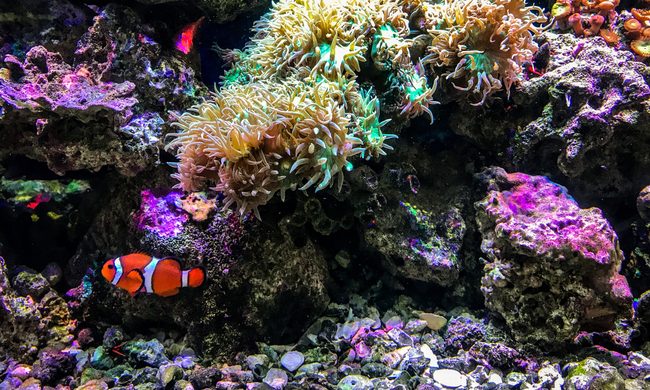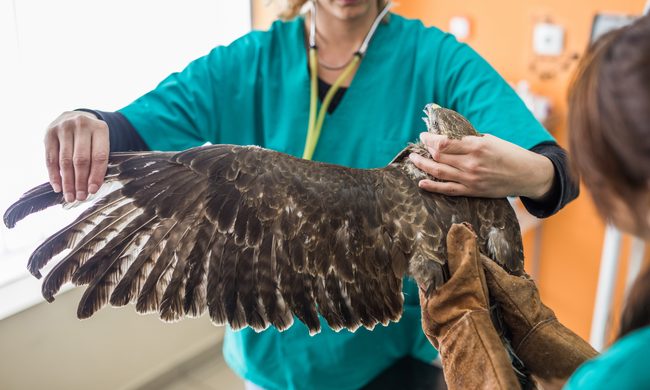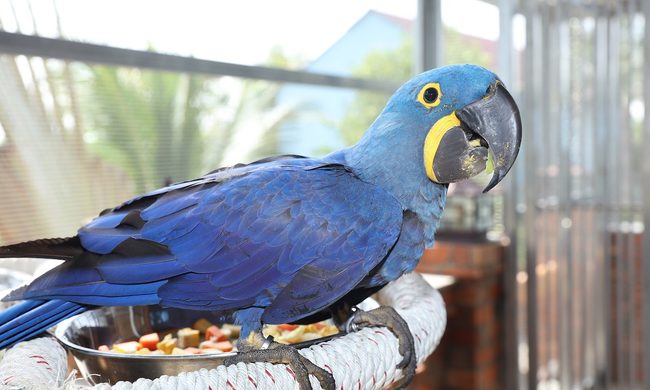We love our guinea pigs, but how much do we really understand them? Even veteran small-pet owners might not have the inside scoop on our favorite fuzz balls. While learning their secrets won’t necessarily help keep them healthy, it never hurts to understand where these little guys come from and why they do what they do. Check out these guinea pig facts, so you better know your animal.
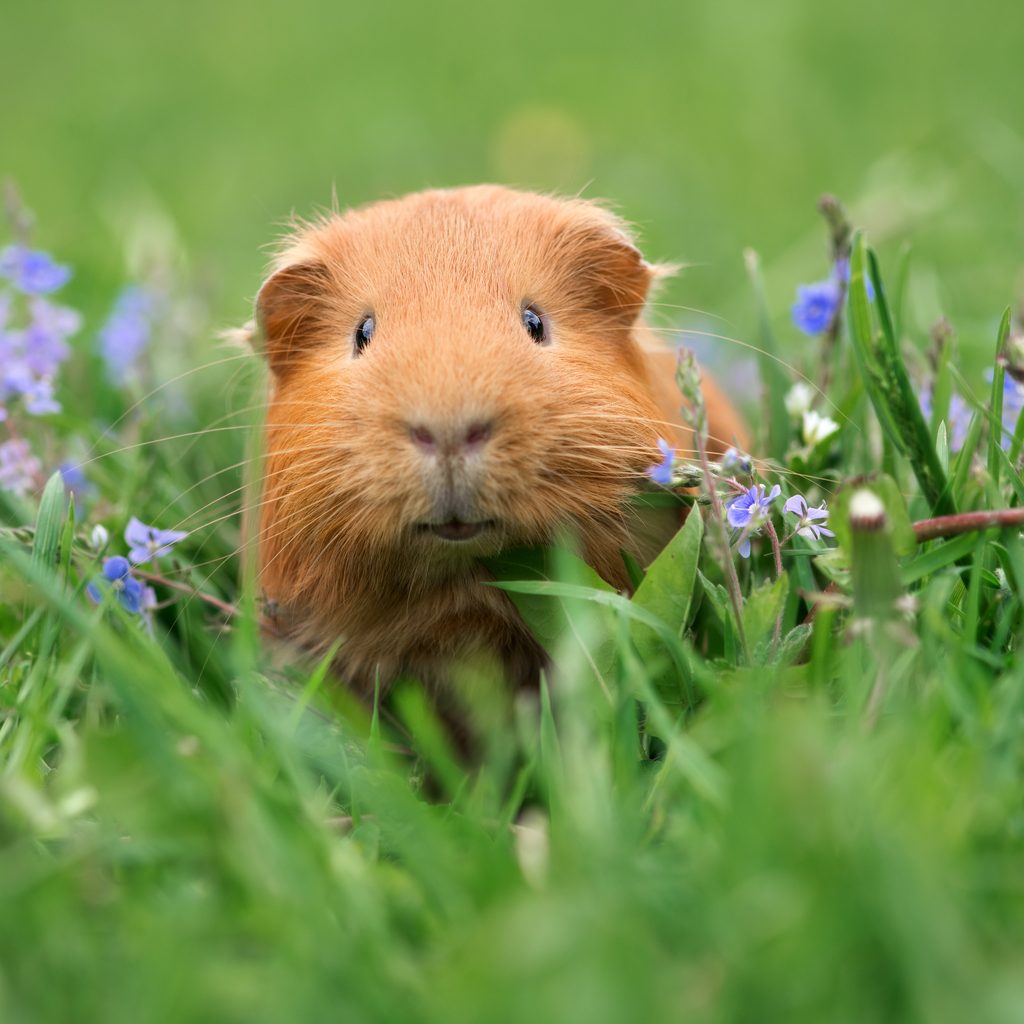
Guinea pigs are rodents
Even though these creatures have “pig” in their name, they aren’t remotely related to swine. They are rodents, which means their family tree includes distant cousins such as hamsters and rats. Actually capybaras are more closely related to GPs, despite the big size difference. Also, you can still find wild guinea-pig cousins in South America where they come from.
They were domesticated 3,000 years ago
The Incas millennia ago were the first people to have guinea pigs as pets. That accounts for the animals’ wide variability in hair length and color (you can get a short- or long-haired breed). It also explains why they’ve taken so well to us humans – we’ve been together for ages. Later in the 1500s, the Spanish took them back to Europe to keep as fancy animal companions, possibly for the low price of one guinea, hence the name.
Their teeth never stop growing
Guinea-pig pups (baby cavies) have teeth at birth! While fun toys and wood will help keep these pets entertained, what they really need to counteract their never-ending tooth growth is lots and lots of hay. The particles in grasses that allow it to stand up straight work to grind down your pig’s teeth as she eats. Keep an unlimited supply in the cage (replace unwanted pieces daily) and keep your eye on those chompers. Get her to a vet straight away if they go crooked.
You may see them “popcorn”
Hopefully, you’ll have the opportunity to watch your pet’s telltale sign of happiness: popcorning. Named after the motion you see when corn explodes from heat, the rodent version involves lots of bouncing up and down, usually while wiggling. Don’t worry; this is almost always a good thing (and you’ll notice signs of fear if it isn’t).
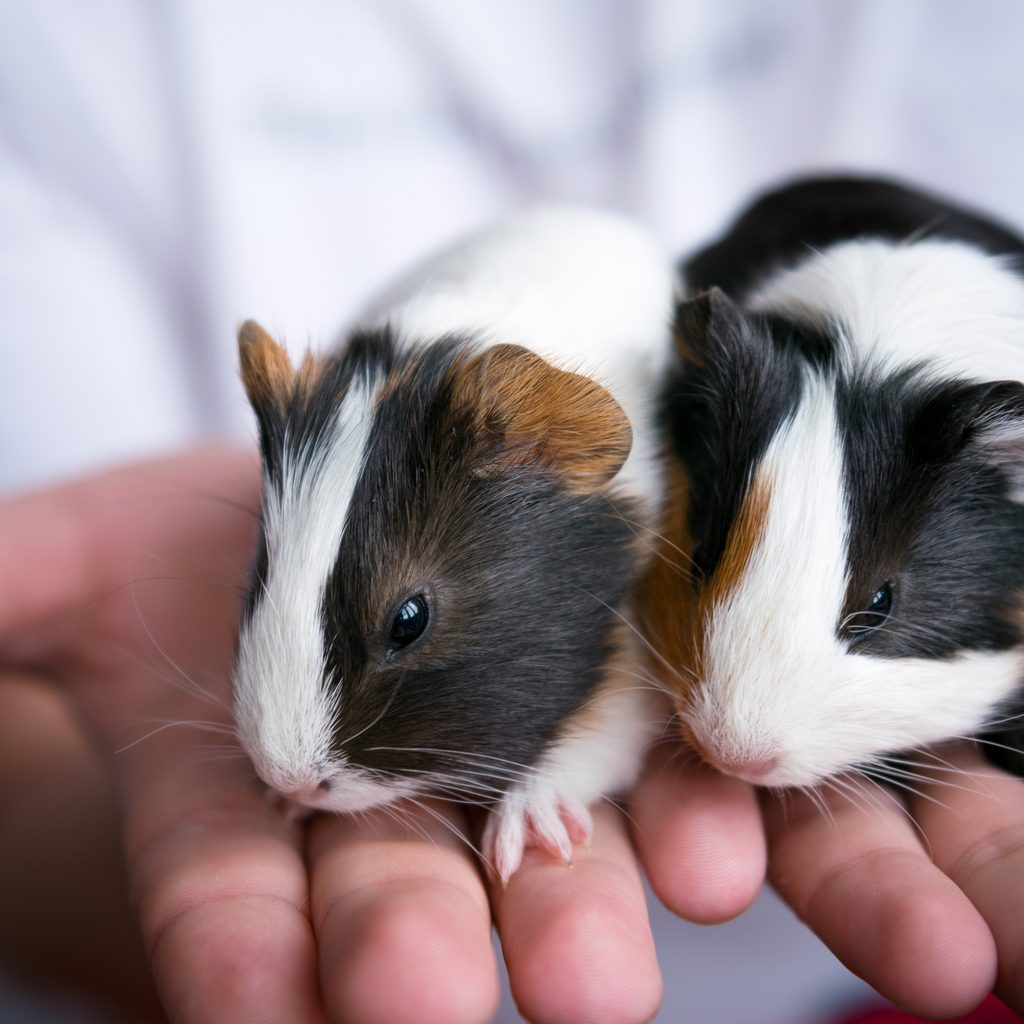
They’re very social
Always keep this animal with a friend as they need a lot of social stimulation. However, that means they enjoy interacting with us too. Make sure you have plenty of room for a pair or herd of piggies (and get them neutered if needed). Fill out playtime by providing outdoor activities (safely monitored) and plenty of toys or other enrichment activities.
You’ll hear lots of noise from them
Your pet loves to talk to her friends, so prepare to hear tons of noise from the cage. It can take a few weeks to begin deciphering this language, but pretty soon you’ll understand the difference between a chirp and a purr. Mostly, you can ignore these (or capture cute videos of them) though you want to have a solid idea of which ones are fear-based and know how to respond accordingly.
Piggies don’t make Vitamin C
This makes guinea pigs similar to humans and different from many other creatures – both of us need to consume this vitamin daily. If we don’t, we’ll wind up with scurvy, which often involves bad digestion or hair falling out for your pet. Don’t reach for the supplements, though. Instead, rely on yummy fresh fruits and veggies that you can both share.
As crepuscular animals, they love dawn and dusk
Guinea pigs aren’t nocturnal or diurnal, but like the semi-dark times of the day. Additionally, they often don’t fall asleep for long periods and certainly not all night. Most prefer to take short naps continuously and then spend the rest of the time awake, searching for food in the wild. This works well for humans too as we can set aside some playtime and then dim the lights when they need to rest.
As so many guinea-pig pros will tell you, the most important fact to know is that these sweeties are actually pretty fragile and need a lot of special care. Try not to think of them as a starter pet or an easy one. While they certainly don’t require as many walks as a dog, you have to pay close attention to their habitat, feeding schedule, and grooming. All in all, you may find it tricky, though totally worth it, to hang out with these little bundles of joy.


